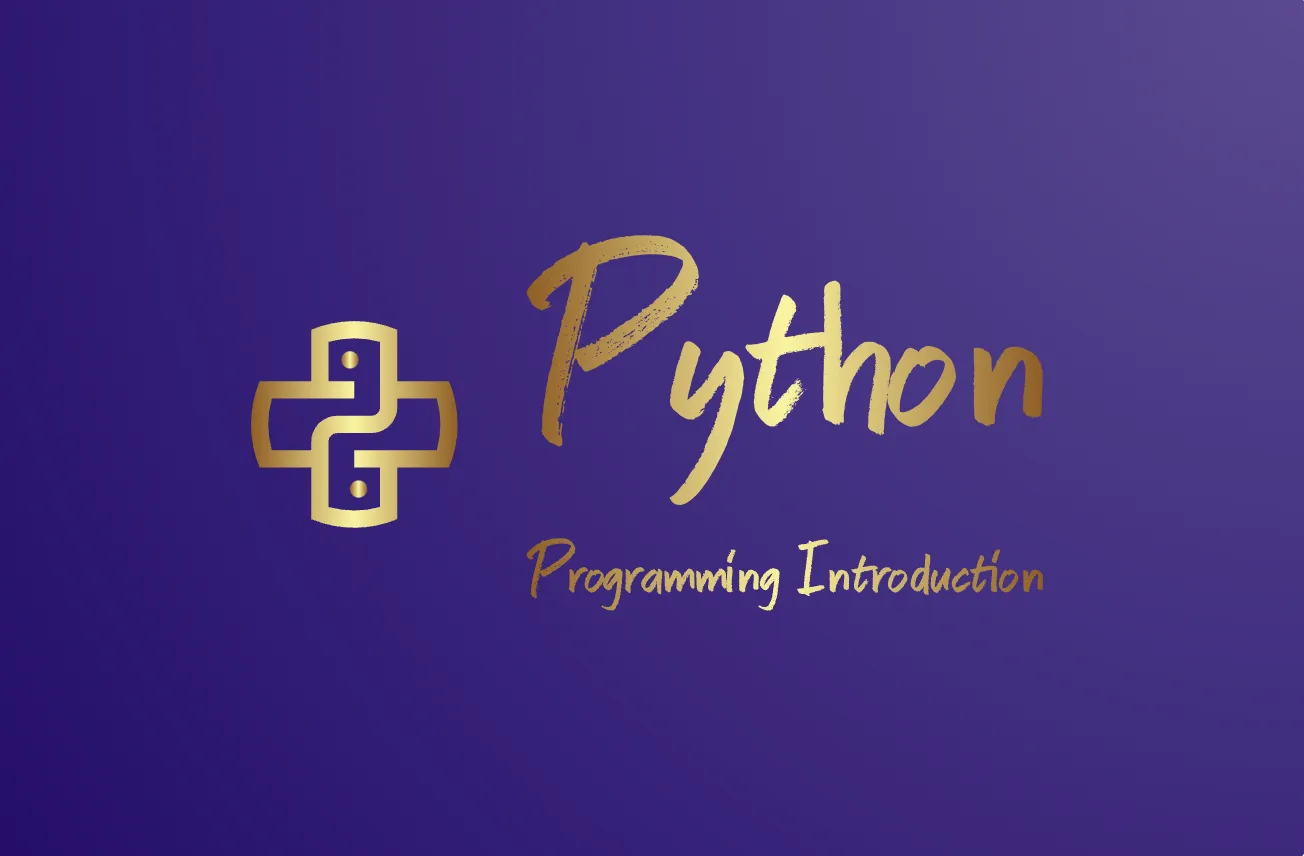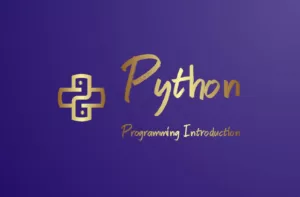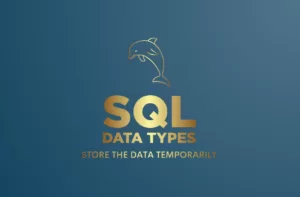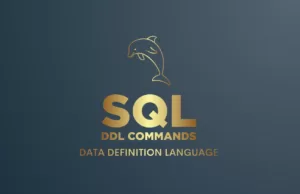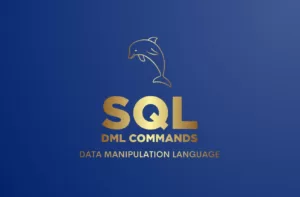In this article, we will focus on the different aspects of Python as well as the Python programming introduction. Python is a powerful, versatile, and user-friendly programming language. It has gained immense popularity since its creation in 1991 by Guido van Rossum. Various domains such as web development, data engineering work, and data science widely use Python. Python has an extensive standard library and third-party packages supports. Nowadays Python is a go-to language for many professionals.
Python is a high-level programming language that stands out for its simple and readable syntax. It uses whitespace indentation to delimit code blocks. The language supports multiple programming paradigms, including procedural, object-oriented, and functional programming.
Python has a rich standard library that provides many built-in modules and functions, making it a powerful language. Nowadays people are using lots of libraries such as pandas, numpy, boto3 etc in data engineering works.
Python is an interpreted language means it does not require compilation before execution like other programming languages such as Java, C, C++ etc. Python interpreter reads and executes the code line by line, providing a flexible and interactive programming experience. Dynamically typed, allowing variables to hold different data types at different points in the python code.
Roles in Industry on Python
The demand for Python developers has increased significantly due to its widespread usage in various industries. Python commonly finds application in some key roles, including
- Python Developer / Software Engineer: Responsible for developing Python-based applications, web services, and automation scripts.
- Data Scientist / Data Analyst: Utilizes Python for data manipulation, analysis, and generating insights from data.
- Machine Learning Engineer / AI Engineer: Develops machine learning models and AI-powered applications using Python libraries.
- Web Developer: Uses Python web frameworks like Django or Flask to build web applications and services.
- DevOps Engineer: Employs Python for automating system tasks, managing infrastructure, and deployment.
- Network Engineer: Uses Python for automating network configurations and managing networking tasks.
- Embedded Systems Developer / IoT Developer: Utilizes Python in IoT projects and embedded systems for automation and data processing.
- Scientific Researcher: Uses Python for simulations, data analysis, and visualization in scientific research.
- GIS Analyst: Uses Python for geospatial analysis and processing in Geographic Information Systems.
- Digital Marketer: Utilizes Python for web scraping, data analysis, and marketing automation.
These roles represent just a fraction of the opportunities where Python expertise is valuable. The language’s versatility and wide adoption across various domains make it an essential skill for developers and professionals seeking to excel in their careers. Let’s follow this link for the Python installation. All the SQL-related syntax and concepts required for any data scientist/ETL developer have been covered here.
